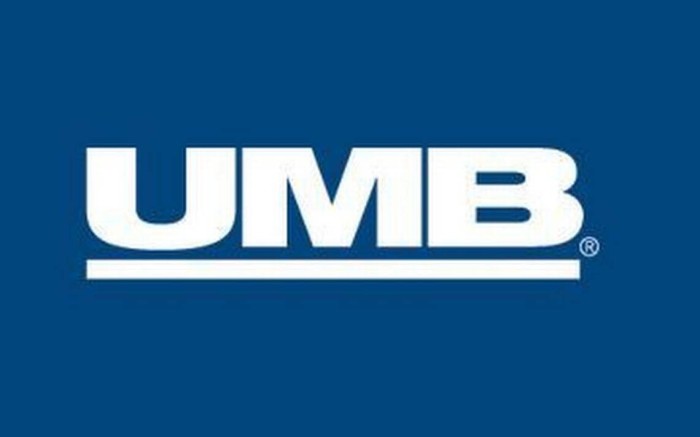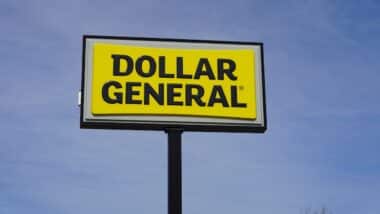 For the last several years, financial institutions’ practices have been under the microscope, including UMB Bank unfair overdraft practices.
For the last several years, financial institutions’ practices have been under the microscope, including UMB Bank unfair overdraft practices.
Back in 2012, UMB Bank settled a class action lawsuit alleging the bank systematically gouged customers.
At the time, UMB Bank sat accused of reordering customers’ transactions to ensure the best chance of the customers incurring overdraft fees due to insufficient funds.
For instance, if a balance of $100 was in the account, and a customer deposited $50 and then made a $125 purchase, he could see an overdraft fee if the purchase was posted on the account prior to the deposit.
The lawsuit alleged that UMB Bank purposefully placed debit card transactions in an order that allowed overdraft fees to be incurred even when there was enough money in the account to cover the purchases.
Anyone who paid an overdraft fee at a UMB Bank from 2005 through 2010 was considered to receive a cash payment from the settlement. UMB Bank admitted no wrongdoing.
UMB Bank Unfair Overdraft Practices
UMB Bank unfair overdraft practices might not be a thing of the past. The bank is under scrutiny again for its overdraft protection services. According to the company website, the following options exist:
- TotalCheck Overdraft Protection: There is a $10 fee for overdrafts over $5, and money is placed in the account to cover the amount of the overdraft. This transaction has an 18% fixed APR.
- Credit Card Overdraft Protection: The minimum advance increment taken from the credit card you have linked to your checking account will be $100. The fee is 3% of the advance for overdrafts greater than $5, with a minimum fee of $10 and a maximum fee of $25.
- Account-to-Account Transfer: If you have more than one account with UMB Bank, they will take money in $25 increments from one account and place it in the other account for a $10 fee for overdrafts over $5. This is the lowest possible overdraft fee available at UMB Bank.
Overdraft Protection Equals Overdraft Fees
Many financial institutions have copied prior UMB Bank unfair overdraft practices.
Consumers who have the least to lose are often the ones paying the most in overdraft fees.
A recent study by The Pew Charitable Trusts found that people who make less than the national median income of $54,000 a year are most impacted by overdraft fees.
“These people are likely to be living paycheck to paycheck to paycheck,” said Susan Weinstock, director of the consumer banking project at Pew.
Nearly 25 percent of heavy overdrafters paid the equivalent of a week’s worth of wages to such fees, according to the Pew report.
The Consumer Financial Protection Bureau states that the 628 largest financial institutions made $11 billion from overdraft and insufficient fund fees in 2015 alone.
If you have been a victim of a financial institution’s overdraft services similar to UMB Bank unfair overdraft practices, you could qualify for compensation through a class action lawsuit designed to hold the bank accountable.
Do YOU have a legal claim? Fill out the form on this page now for a free, immediate, and confidential case evaluation. Some of the banks and credit unions being investigated include, but are not limited to:
- HSBC Bank
- UMB Bank
- State Employees Credit Union
- Pentagon Federal Credit Union
- Boeing Employees Credit Union
- Alliant Credit Union
- Star One Credit Union
- First Technology Federal Credit Union
- America First Credit Union
- American Airlines Federal Credit Union
- Alaska USA Federal Credit Union
- Vystar Credit Union
- Citizens Equity First Credit Union
- Teachers Federal Credit Union
- ESL Federal Credit Union
- Patelco Credit Union
- DFCU Financial Credit Union
The attorneys who work with Top Class Actions will contact you if you qualify to let you know if an individual lawsuit or class action lawsuit is best for you. Hurry — statutes of limitations may apply.
ATTORNEY ADVERTISING
Top Class Actions is a Proud Member of the American Bar Association
LEGAL INFORMATION IS NOT LEGAL ADVICE
Top Class Actions Legal Statement
©2008 – 2025 Top Class Actions® LLC
Various Trademarks held by their respective owners
This website is not intended for viewing or usage by European Union citizens.
Get Help – It’s Free
Join a Free Bank & Credit Union Overdraft Fee Class Action Lawsuit Investigation
If your bank and credit union has engaged in deceptive overdraft fee practices, you may have a legal claim. Fill out the form on this page now to find out if you qualify!
An attorney will contact you if you qualify to discuss the details of your potential case.
In order to properly investigate overdraft fee claims, you may be required to disclose bank statements to overdraft fee attorneys. Please note that any such information will be kept private and confidential.
ATTORNEY ADVERTISING
The choice of a lawyer is an important decision and should not be based solely on advertisements.
E-mail any problems with this form to [email protected]
PAID ATTORNEY ADVERTISEMENT: THIS WEB PAGE IS AN ADVERTISEMENT AND THE PARTICIPATING ATTORNEY(S) ARE INCLUDED BECAUSE THEY PAY AN ADVERTISING FEE. The attorney in charge of this advertisement is T.Kick. It is not a lawyer referral service or prepaid legal services plan. Top Class Actions is not a law firm. Top Class Actions does not endorse or recommend any lawyer or law firm who participates in the network, nor does it analyze a person’s legal situation when determining which participating lawyers receive a person’s inquiry. It does not make any representation and has not made any judgment as to the qualifications, expertise or credentials of any participating lawyer. No representation is made that the quality of the legal services to be performed is greater than the quality of legal services performed by other lawyers. The information contained herein is not legal advice. Any information you submit to Top Class Actions does not create an attorney-client relationship and may not be protected by attorney-client privilege. Do not use the form to submit confidential, time-sensitive, or privileged information. All photos are of models and do not depict clients. All case evaluations are performed by participating attorneys.












